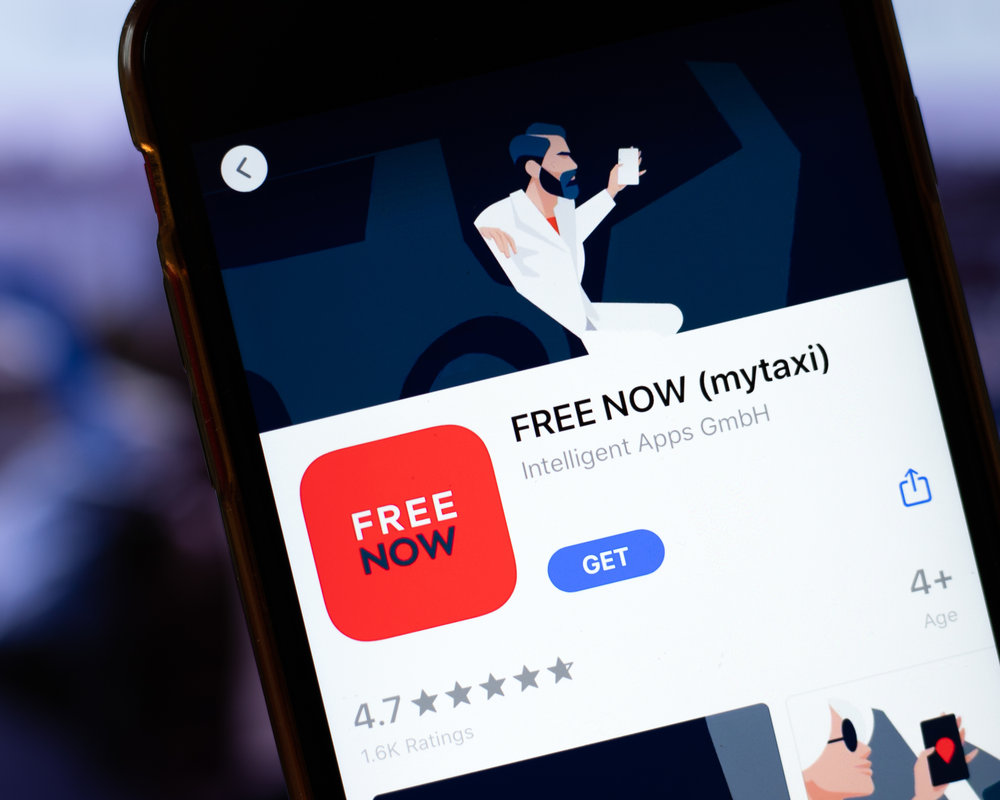Insights / News
Insights / News

Representing the Respondent operators of the Mytaxi app (now called Free Now), Andrew Short QC and Peter Linstead have successfully opposed the Claimant’s appeal to the EAT of a decision that a London Hackney carriage driver using the taxi app was not a ‘worker’ when using the app to source and transport passengers.
In a decision handed down on 18 January 2022 in Christopher Johnson v Transopco UK Ltd [2022] EAT 6, the EAT upheld the decision of the employment tribunal, where Peter Linstead appeared unled for Transopco, that although the driver had an obligation of personal service, the operator was a ‘client or customer’ of the driver’s business for the purposes of s.230(3) of the Employment Rights Act 1996.
The defeated claims brought by the Claimant were for whistleblowing, holiday pay and protected disclosure detriment.
The app worked in a similar manner to other taxi apps, such as Uber, but was exclusively for black cab drivers. Potential passengers would ‘e-hail’ a taxi on the app and the job would then be sent to a number of nearby taxis, which each had a window of a few seconds to accept. The claimant was already in business on his own account as a black-cab driver in London. He registered on the app and between April 2017 and April 2018 hand completed 282 trips via the app, whilst at the same time continuing to source work as a self-employed driver from street hails.
The employment tribunal had found that passengers contracted directly with Transopco for transportation services and that these services were then delivered pursuant to a separate contract between the Claimant and Transopco. After analysing the Claimant’s work statistics, the employment tribunal also found that it was clear the Respondent was not the Claimant’s main source of income and that he didn’t need to sign up to the App to work. Consequently, it was adjudged not to be a dependent work relationship as envisaged in Cotswold Development Construction Ltd v Williams [2006] IRLR 181. In the tribunal’s view, Transopco lacked the requisite degree of control over the Claimant, with the Claimant’s independence in this regard being “more consistent with an independent contractor” than a “self-employed person fully integrated into the Respondent’s business”.
Read a summary of the ET decision in our News pages here.
In the view of the EAT, the tribunal was entitled to rely on findings about the proportion of the time spent by the Claimant and income earned, as well as findings about the numbers of jobs offered which he declined and jobs accepted which he cancelled, when considering whether his work for Transopco formed a part of his own business, and as pointing towards its conclusion that this was not a dependent work relationship. The nature of the legal test, containing an element of factual subordination or dependency, means that it is possible to have different outcomes in cases involving the same app.
The tribunal and EAT applied Secretary of State for Justice v Windle [2016] ICR 721 in which Underhill LJ found that the absence of mutuality of obligation outside the period working for the respondent may influence, or shed light on, the character of the relationship within it. The EAT emphasised that Windle remained the leading authority on this point.
The tribunal was of the view that the essence of the Claimant’s business activity was that it involved picking up passengers and driving them to where they wanted to go, however, they were obtained. It was entitled to take that view, and hence conclude that jobs obtained from the app involved materially the same activities, even if, on a correct legal analysis, the latter did not involve ‘plying for hire’. This was so having regard also to the tribunal’s factual findings and conclusions on the simultaneous nature of the activities, subordination, dependency, control and integration.
This case provides a striking contrast with the recent decision in Uber BV v Aslam in the Supreme Court and emphasises that each status case involving the so-called ‘gig economy’ must be determined on its own facts. It also provides some useful commentary on the ‘client or customer’ exception in s.230(3) of the Employment Rights Act 1996, which was found to apply in this case.
Andrew Short‘s Employment & Discrimination practice covers everything from complex or sensitive dismissal and discrimination cases through TUPE to high value contract, restrictive covenant, fiduciary duty and equal pay claims. He has acted in many of the leading cases relating to discrimination in pay and pensions, including Abdulla v Birmingham City Council, Brierley v Asda, McCloud v Lord Chancellor, and Sargeant v LFEPA.
Peter Linstead is a barrister in our Employment & Discrimination Law team. He successfully represented MyTaxi in the first instance decision and has acted on numerous other employment status cases as well as discrimination, equal pay and regulatory cases.
To find out more, contact Nick Levett +44 (0)20 7427 4908 or Adam Macdonald +44 (0)20 7427 4906 for a confidential discussion.
News 24 Jan, 2022